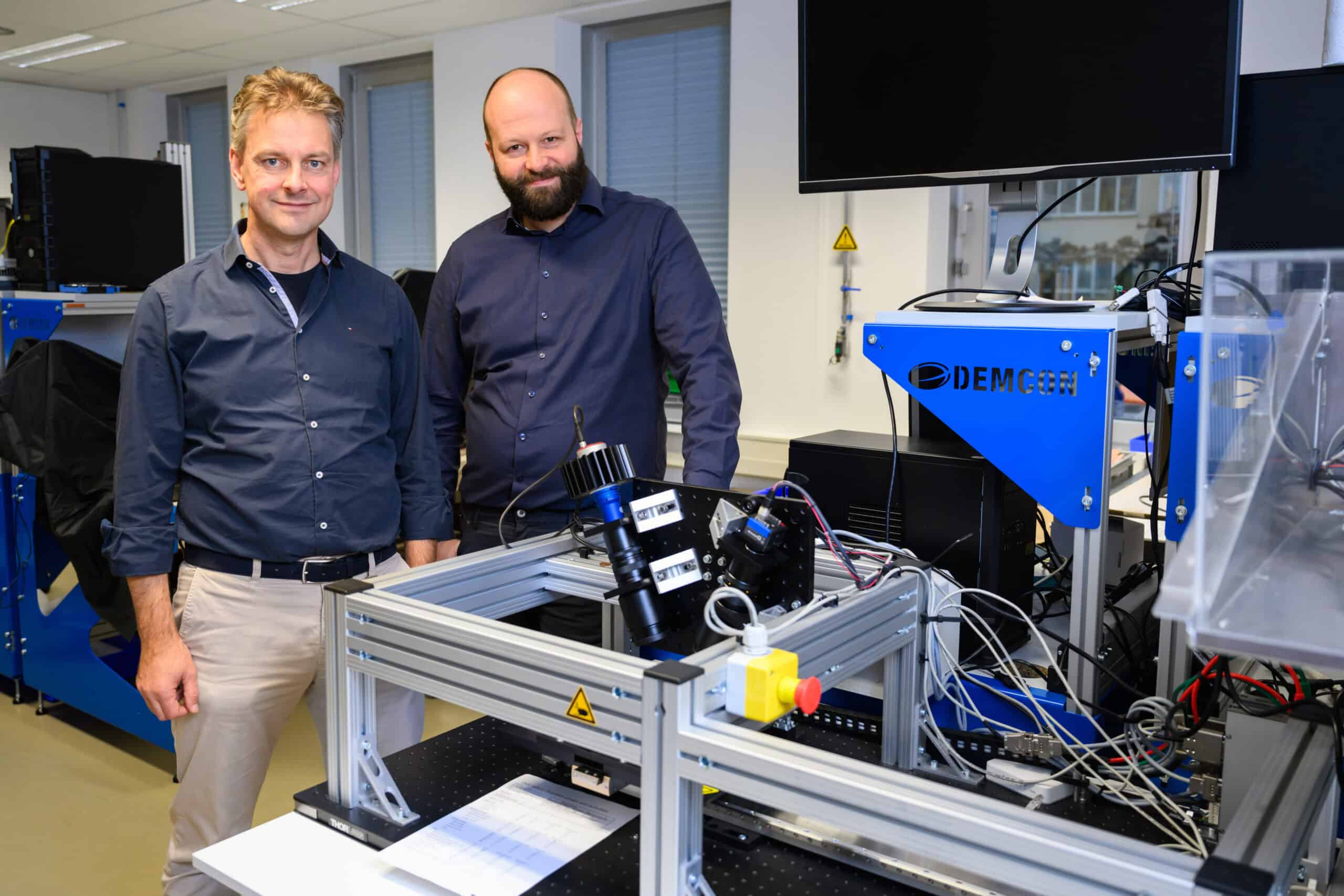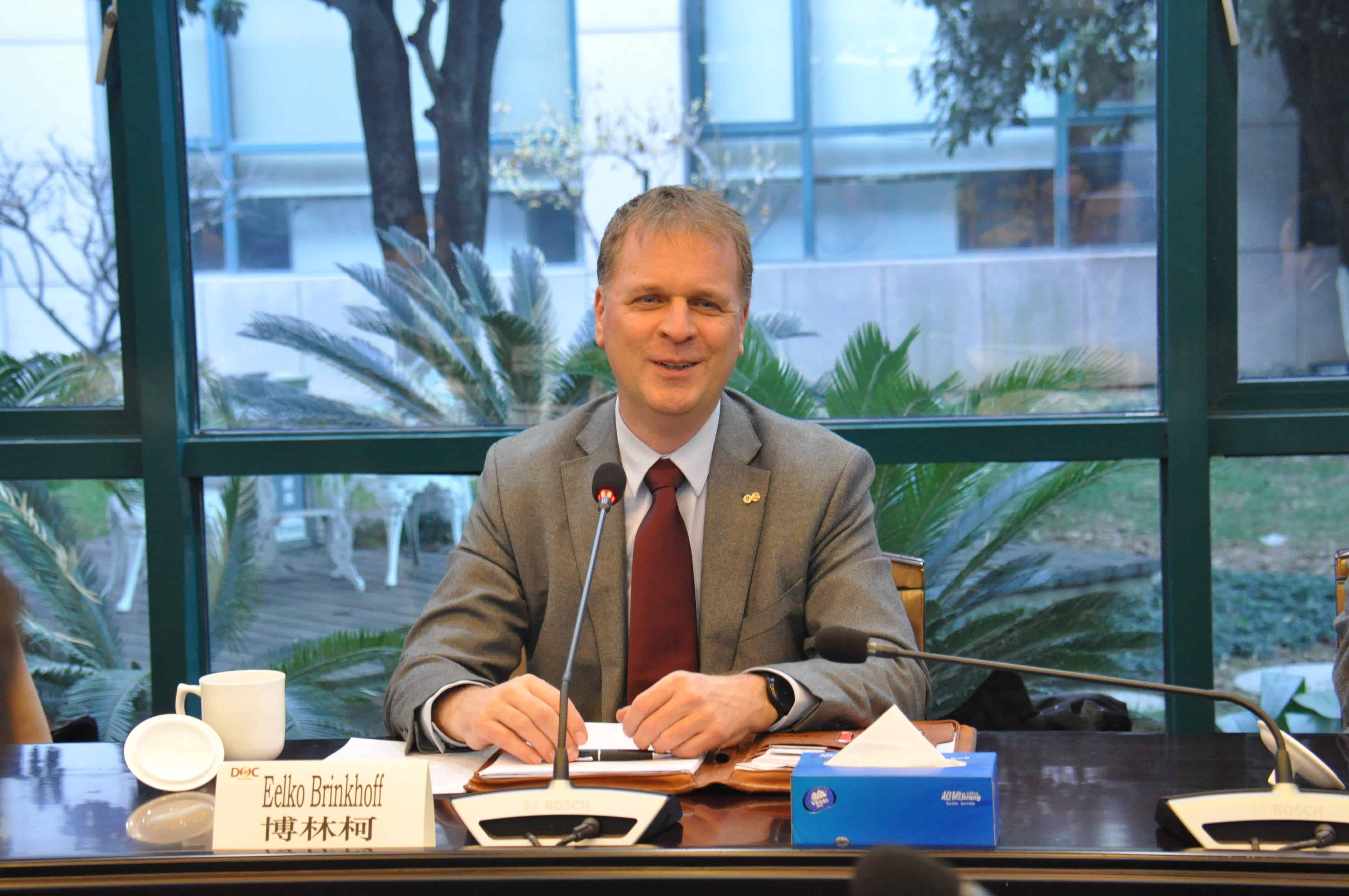
If there is one category of companies that are responsible for innovation in the Netherlands, it would have to be the start-ups. Innovation Origins is always looking for relevant innovations, therefore there is every reason to really capture the complete Dutch start-up ecosystem. Armed with the data sets of StartupDelta, we visited all Dutch provinces. In 14 episodes, published between December 24, 2018, and January 7, 2019, we’re giving an overview of the start-up ecosystem in the Netherlands. The series has been made by the journalists of cooperation PitchProducties, commissioned by Innovation Origins. Today: Drenthe. Read the other episodes of the series here (as far as already published).
Along with Zeeland, the province of Drenthe has the smallest amount of start-ups of the Netherlands. Despite that, the involved organizations don’t seem to worry. As far as they’re concerned, it’s only just beginning in the province.
According to StartupDelta, there are thirty active start-ups in the province of Drenthe. These beginning companies have mostly spread across the province, of which the largest concentrations can be found in Meppel, Assen, Hoogeveen and Emmen. In the latter three places, there’s also a branch of ‘De Ondernemersfabriek Drenthe‘ (‘The Entrepreneurs Factory’), an initiative of the province from 2016 to help start-ups establish their company. Beginning entrepreneurs can sign up for courses, workshops and coaches.

The EntrepreneursFactory represents the direction taken by the province of Drenthe in terms of start-ups. For four years, the province is investing more in the increase and growth of start-ups to stimulate the economy. Eelco Bakker, project manager of the EntrepreneursFactory, believes this approach is starting to pay off: “The ecosystem for startups is becoming better and better. A lot of projects have been set up over the past few years from which beautiful companies have originated.” Some examples of this are Stevast Techniek and Studio Baaz who both made use out of the offered facilities.
Mentality
He does make the remark that as far as he’s concerned, the responsibility for the ecosystem for start-ups still lies too much with the government, instead of with the entrepreneurs. “If you want to set up a good system durably, there has to be a group of entrepreneurs that take the lead. The government shouldn’t give you that job, it only facilitates.”
Kennispoort Drenthe, another company that focuses on helping beginning entrepreneurs, recognizes the remark of Bakker. Adri Wischman, a counsellor at Kennispoort (Knowledge Portal) Drenthe, namely blames the mentality in Drenthe, which is different from the mentality in Amsterdam. “People in Drenthe often keep their ideas to themselves. The mentality here is a bit like ‘be normal, then you’re already crazy enough’. It’s not like it is in Amsterdam, where start-ups are everywhere.”
Emotional connection
At the same time, Wischman states that it is of great importance to guide and support start-ups that do want to start a company in Drenthe. This way, the activity in Drenthe will be stimulated. “There’s a nice saying, which goes as follows: You can’t predict the future, you can only make it. If you want more activity here, you have to take responsibility. Because when they’re already mature, it’s difficult to attract companies to come here.”
Derren de Jong, chairman of the board of Zero to One, underlines the point of view of Wischman. In order to retain companies in Drenthe, the entrepreneurs need to bond with the province. “As soon as the entrepreneurs know the region, they love it.” As an example, he refers to Catawiki, the auction website from Assen who grew out to become one of the biggest online marketplaces of Europe within a few years. “When a company is still in private hands, or at least is still managed by the first founders, emotional interests are taken into account. The only reason that Catawiki is still located in Assen, is because the two founders are from there.”
Funding
Besides the fact that supporting start-ups increases the activity in the province, De Jong also says it’s simply necessary to let start-ups grow. “In Drenthe, there aren’t many facilities and even fewer places to share knowledge with one another. Start-ups in Drenthe need good support and especially also funding.” The latter is a big defect in the ecosystem of Drenthe, according to de Jong. The road to funding for start-ups is often inaccessible or very slow, he says. That’s why start-ups in Drenthe have a lot of interest in pre-seed capital; an investment in a start-up during the phase in which there is no turnover yet.
However, the lack of these facilities also forms an opportunity, says de Jong. “We now have a blank canvas, which is very interesting. Because a lot of things are lacking, there are many opportunities to establish this, while in other regions, they usually already exist.”
Northern sobriety

Drenthe finds itself in a period of growth in terms of start-ups. The past four years are described as a huge step forward, by all parties. At the same time, the province sticks to its northern sobriety. “We also have to realize that in population figures, we’re a small province and that in certain things you shouldn’t have to want to join. You have to work from your own strength and you can do beautiful things with that,” concludes Bakker.
Meanwhile, there are also successes to be celebrated in Drenthe. At the beginning of December, Diem Do and her company CodeGorilla received the TEDxAmsterdam Women Start-Up Award 2018, a prize for the best women-led startup in the Netherlands. “The idea for CodeGorilla was born at the lunch table of Growing Emmen and is now really getting off the ground”, says a spokesperson of this networking club. “Diem said in her speech that she was grateful for all the support from Emmen and stressed the importance of a networking place for enterprising people. A place where new ideas arise and get off the ground.” Also in Drenthe.








